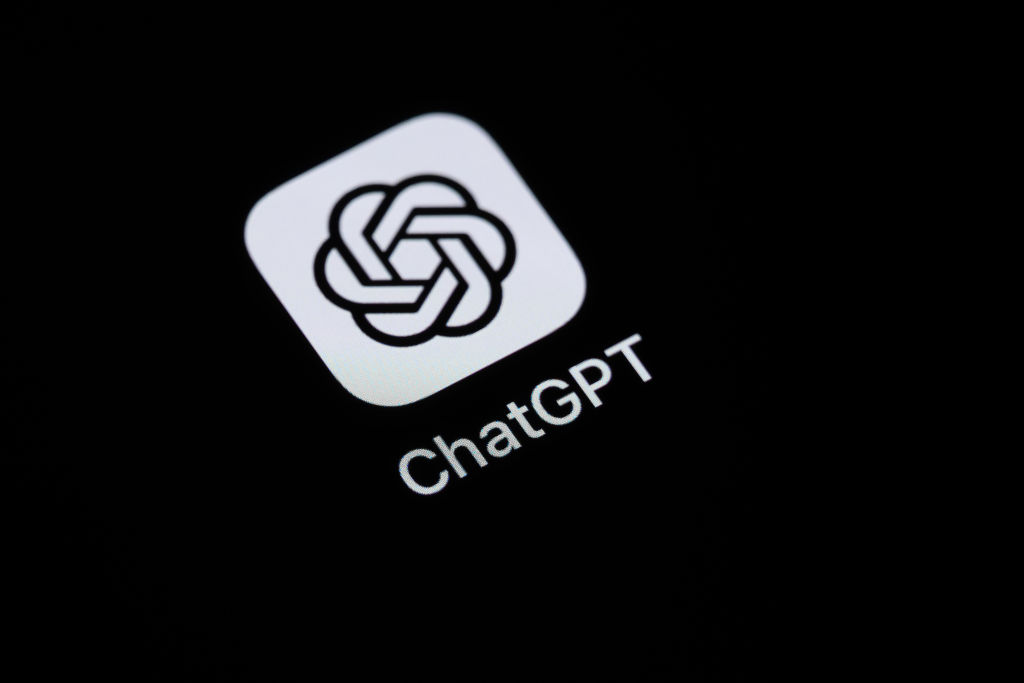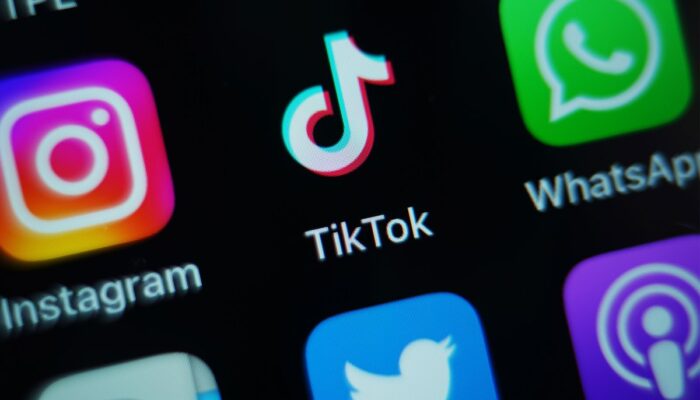
ChatGPT search, OpenAI’s feature within ChatGPT that allows the chatbot to access and incorporate up-to-date information from the web into its responses, is growing at a fast clip in Europe.
A report filed by one of OpenAI’s EU corporate divisions, OpenAI Ireland Limited, reveals ChatGPT search had roughly 41.3 million average monthly active “recipients” for the six-month period ending March 31. That’s up from approximately 11.2 million average monthly active recipients in the six-month period ending October 31, 2024.
OpenAI regularly publishes information on ChatGPT search to comply with the EU’s Digital Services Act (DSA), which regulates many aspects of online services in European nations. The DSA defines monthly active recipients as “[people] actually engaging with the service at least once in a given period of time” by “being exposed to information disseminated on the online interface of the online platform, such as viewing it or listening to it, or by providing information.”
Interesting update in the OpenAI EU Digital Services Act (DSA) FAQ article
ChatGPT search had about 41.3 million average monthly active recipients in the European Union for the six-month period ending 31 March 2025
(Earlier, for the six-month period ending 31 October 2024,… pic.twitter.com/AY9sNI1vu9
— Tibor Blaho (@btibor91) April 21, 2025
One component of the DSA instructs “very large” online platforms or search engines — those with over 45 million average monthly recipients — to allow users to opt out of recommendation systems and profiling, share certain data with researchers and authorities, and perform external auditing. ChatGPT search may soon be subject to these requirements, assuming the current growth trend holds.
Online platforms that don’t comply with the DSA’s rules could see fines of up to 6% of their global turnover. A platform continually refusing to comply could result in a temporary suspension in the EU.
ChatGPT Search has made inroads against incumbents like Google since debuting last year. According to a poll published in September, 8% of people said they’d choose ChatGPT over Google as their primary search engine. But Google remains far and away the dominant online search tool. By one estimate, it handles 373 times more searches than ChatGPT.
Researchers have found ChatGPT search and other AI-powered search engines to be less reliable than conventional search, depending on the query. According to one study, ChatGPT incorrectly identified 67% of searched-for articles. Another study surfaced accuracy problems related to ChatGPT’s treatment of news content, including content from publishers with which OpenAI has licensing agreements.
Kyle Wiggers is TechCrunch’s AI Editor. His writing has appeared in VentureBeat and Digital Trends, as well as a range of gadget blogs including Android Police, Android Authority, Droid-Life, and XDA-Developers. He lives in Manhattan with his partner, a music therapist.



